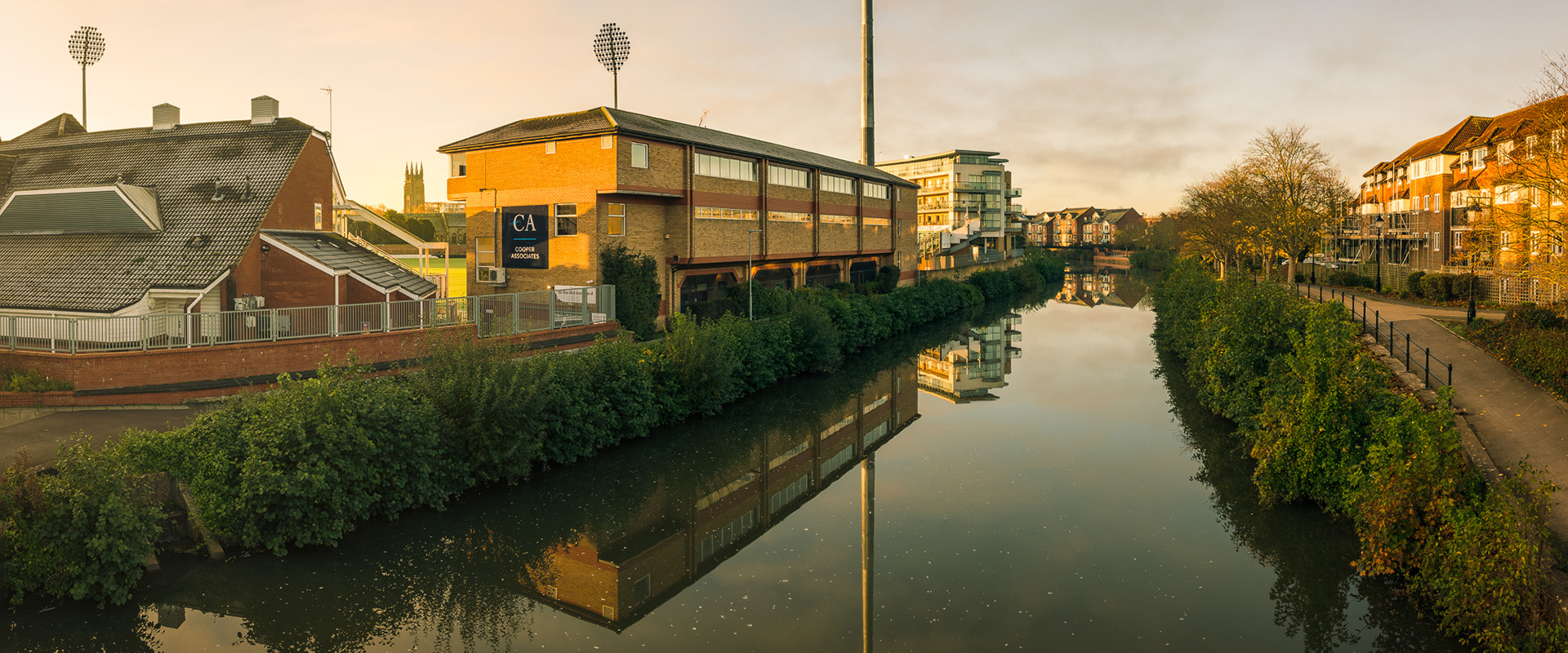
How Can I Protect Myself and
My Children from Abuse?
What is a Non-Molestation
Order?
A Non-Molestation Order is a
type of injunction that aims to protect you or your children from various kinds
of unwanted, harassing, and abusive behaviours that are being perpetuated by a:
·
spouse / ex-spouse
·
family member
·
someone you live with / used to live with
Furthermore, a Non-Molestation Order can prevent a person from coming within a certain distance of you, your home, your place of work, or from contacting you via a third party.
How Can I Get a
Non-Molestation Order?
The applicant will need to
complete form FL401, a witness statement in support of their application and
collate as much evidence of the abusive behaviour as possible. For example:
·
take pictures of injuries they have caused
·
take pictures of damage to property they have
caused
·
take copies of police reports pertaining to
their behaviour
·
request letters from your GP about how their
behaviour has impacted you
What Happens if a
Non-Molestation Order is breached?
If an individual breaches the
provisions contained in a Non-Molestation Order, then they will have committed
a criminal offence. The Court can utilise various methods of enforcement to
punish the offending individual. For example, the individual may be imprisoned
for a period of up to five years, ordered to pay a fine, or both.
What is an Occupation Order?
An Occupation order is a type of injunction that aims to control and regulate the family home. An Occupation Order can enforce your right to remain in the family home, prohibit/suspend/restrict occupation of the family home or enforce vacation of the family home.
How Can I Get an Occupation
Order?
The process of obtaining an
Occupation Order is like the process of obtaining a Non-Molestation Order. The
Court will try to balance the harm suffered by the Applicant if the Occupation
Order is not granted and the harm suffered by the Respondent if the Occupation
Order is granted. The Court considers Occupation Orders to be a draconian
remedy and so it will only grant them in exceptional circumstances.
What Happens if an Occupation
Order is breached?
The Court can attach a power
of arrest to any provisions contained in an Occupation Order. If an individual
breaches a provision that has a power of arrest attached, then they will have
committed a criminal offence. The Court can utilise various methods of
enforcement to punish the offending individual. For example, the individual may
be imprisoned for a period of up to two years, ordered to pay a fine, or both.
Lease we extend….. Recent changes in law regarding leasehold and, in particular, lease extensions ma...
We have an exciting opportunity for a Compliance Office to support our COLP (Compliance Officer for Legal Practice). ...